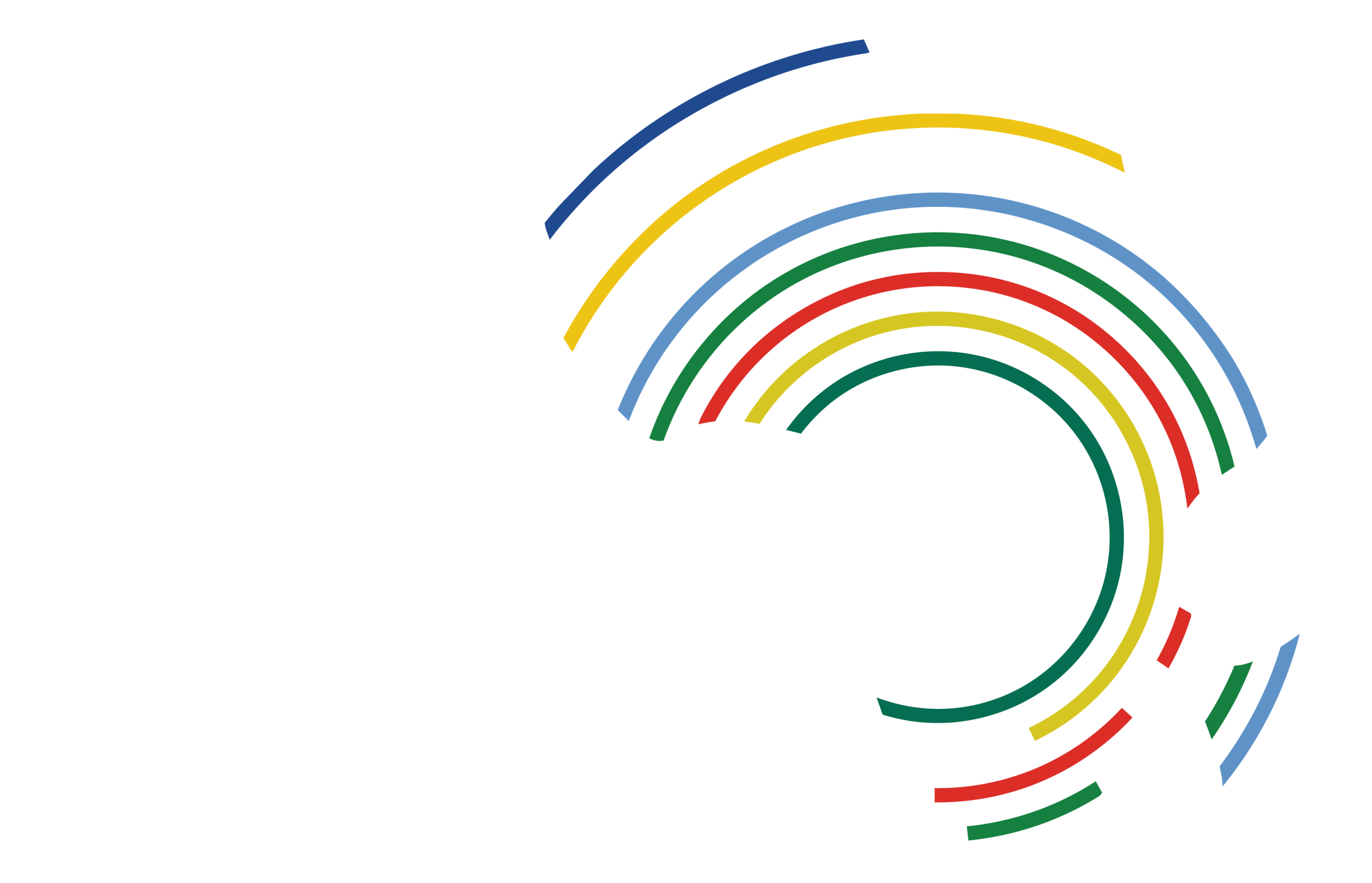The completion of the Dangote Refinery in Nigeria marks a significant milestone in Africa’s economic transformation. Spearheaded by Aliko Dangote, Africa’s richest and one of its most astute investors, this refinery, with a capacity for 650,000 barrels of crude oil per day, is not only the largest in Africa but also a testament to the continent’s ability to achieve self-sufficiency in refined petroleum products using private capital. This development is a focal point for the Africa Prosperity Dialogues, during which we will examine the investment model behind this achievement, particularly as Africa navigates the transition from fossil fuels to greener energy sources.
Despite contributing the world’s smallest share of greenhouse gas emissions at just 3.8%, Africa faces practical challenges in adopting green energy. The focus remains on shifting from liquid fossil fuels to cleaner gas, a process that will be gradual due to investment limitations. Refining remains essential, given Africa’s reliance on imported refined products despite being a significant crude oil producer.
In 2022, Africa produced an average of 7.1 million barrels of crude oil per day but refined only 3.38 million. This gap, exacerbated by countries like Ghana exporting all their production and importing refined products, results in a financial imbalance, with Africa spending more on petroleum products than it earns from crude oil sales. The continent’s refining capacity, heavily concentrated in Egypt, Algeria, and Libya, contrasts with the import dependency of most African countries, including Nigeria, which imports over 80% of its refined petroleum products. Remarkably, Ghana exports 100% of its produced crude oil, yet imports 100% of its crude inputs for local refineries. It is beyond apposite for Africa to abandon such colonial era agreements. One idea is to adapt these agreements so that where we create local demand for raw commodity sector outputs, all producers can be compelled to redirect at least a portion of their exports back into local production, at cost.
The Dangote Refinery, expected to meet Nigeria’s entire refined petroleum needs and generate surplus for export, represents a shift towards local refining. This shift promises substantial economic benefits, including significant savings on import bills and foreign exchange. The Central Bank of Nigeria estimates that Dangote Refinery alone could save between US$25 billion and US$30 billion annually in foreign exchange.
Furthermore, the Pan African Payments and Settlements System (PAPSS) will enable African countries to pay for refined petroleum products in local currencies, alleviating additional forex pressures. This system, coupled with the potential for countries to establish their own refineries and import crude from African producers, offers a sustainable economic model.
Dangote demonstrates that private investment in refineries is viable in Africa, creating job opportunities and entrepreneurship prospects. During construction, it employed 40,000 workers, with an expectation to create over 250,000 direct and indirect jobs in full operation. Such initiatives are crucial for reducing Africa’s high unemployment rates.
As Africa aims for industrialisation and intra-continental trade, the African Prosperity Dialogues present an opportunity to encourage leaders, entrepreneurs, investors, and technocrats to focus on developing refineries that can power industries and drive economic prosperity across the continent.
